Into the Abyss: An interview with Werner Herzog
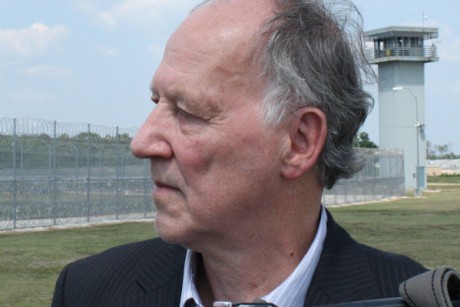
The legendary film-maker talks to us about the making of Into the Abyss: ATale of Death, A Tale of Life.
How did the project come about, first of all?
In a way it was a subject that was dormant in me for a long time and almost forgotten but somehow still there. And out of the blue, I knew I had to do this. But there was no particular case that intrigued me to go into it. It’s very hard to explain how it happens – films always come at me like uninvited guests or like burglars in the middle of the night. All of a sudden they are there and you haven’t even invited them.
Why this film now? Was there something that sparked it into life?
Well, I was fascinated by the senselessness of the crime; that’s really hard for me to comprehend. If you have a bank robbery that goes awry then you would still understand it with our horizon of experience, but in this case it’s kind of incomprehensible. So there’s something frightening and it’s not so unique because you see these things happening in civilisations like in the United States, or in West Europe, or in Japan or whatever.
At the beginning of the film, why did you decide to make the point that you’re against capital punishment?
Because I am against capital punishment! However, the film is not an issue film, it’s not an activist film – that’s the last thing I would like to do. I’m not an American citizen, I’m only a guest in the country. And in the four films that I made on Death Row inmates, which are showing on television on Channel Four (Death Row, Thursday nights), I say it very clearly in the opening, that I respectfully disagree with the practice of capital punishment. And of course I am – there’s not even an argument that I have, but it’s the past of Germany, with the barbarism of the Nazi time with excessive amounts of capital punishment, euthanasia parallel to it and then a genocide of six million, so end of story. There’s nobody among my peers in Germany who would be an advocate of capital punishment – It’s unthinkable. At the same time, I would be the last one, coming with that background, to tell the Americans how to handle their criminal justice.
The film talks about the lives of the people who are left in the mess that surrounds the horrific crime at the centre of the film. How do you feel about the other interviewees who are left behind?
It’s very mysterious, because there seems to be an urgency of life, which is now a chapter in the film. It was never really planned – only when I saw my footage during editing, did it emerge that there was something; it was not just about capital punishment and retribution for senseless murders, which is death, death, death. All of a sudden something mysterious emerges: the urgency of life. And life is so urgent that a woman marries the murderer and during the ceremony of marriage they have a bullet-proof wall of glass between them, they only have a telephone receiver and see each other through the glass, and they marry. Now that they are legally married they are allowed to sit at the same table and they can touch hands. But of course, there is a guard sitting right with them at the same table.
Why do you think film is such a good platform to explore the subject of capital punishment?
Because cinema or film has a strange quality – it allows us to look deep into the heart of men. And when I say men, I of course, also mean women. It has a strange quality of illuminating something that’s deep inside of us. And I’m not only speaking of documentaries; it’s the same procedure with feature films, same thing. So why it is like that, I don’t know. I can only say yes, it allows us looking [meaning “to look”, I think] into the abyss.
You say that this film isn’t intended to sway people one way or the other about capital punishment…
I think it’s subversive enough!
I was going to ask, do you think it’s possible to change people’s minds with a film like this?
It’s probably able only to change basic perspectives. Films otherwise, are pretty powerless. We shouldn’t overrate – you see, capital punishment has to be dealt [with] in different platforms. Microphones are the right tool, I guess. Speakers, parliamentarians, rallies of many, many people.
Fiona Keating
Into The Abyss: A Tale of Death, A Tale of Life opens in cinemas nationwide on 30th March, and on DVD 16th April. Death Row, Herzog’s four-part documentary series, is also released by Revolver Entertainment on DVD in mid-May.
Read our review of Into the Abyss here.
Watch the trailer for Into the Abyss here:

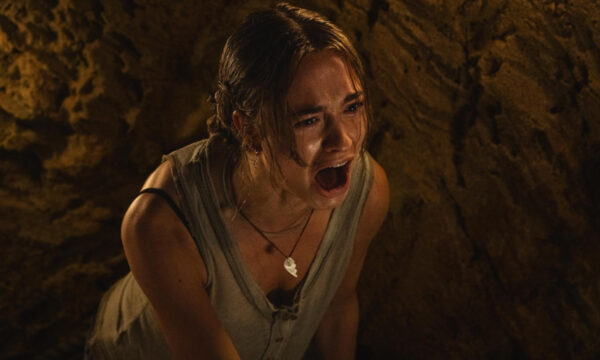
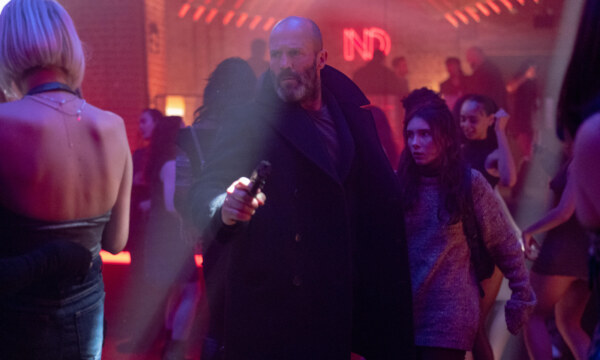
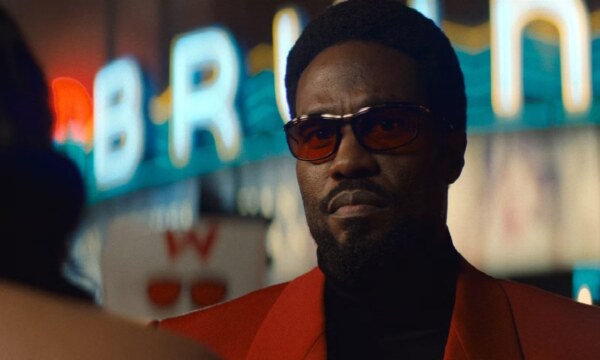
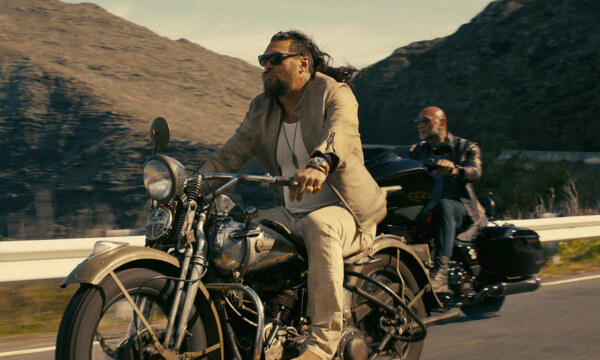
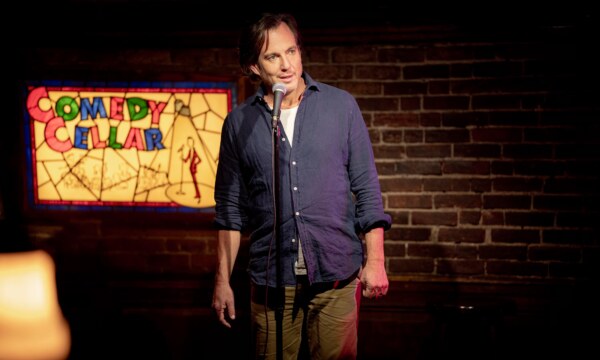
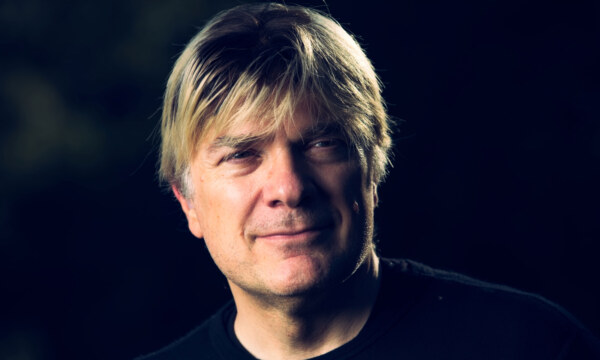
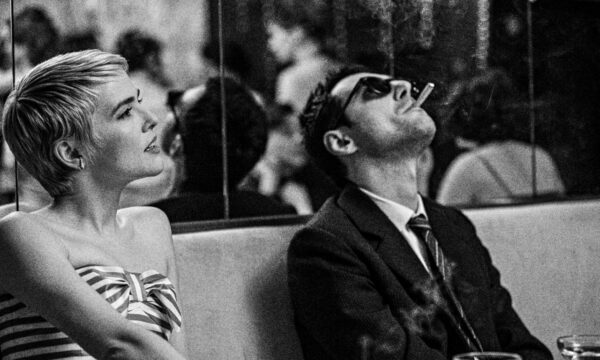
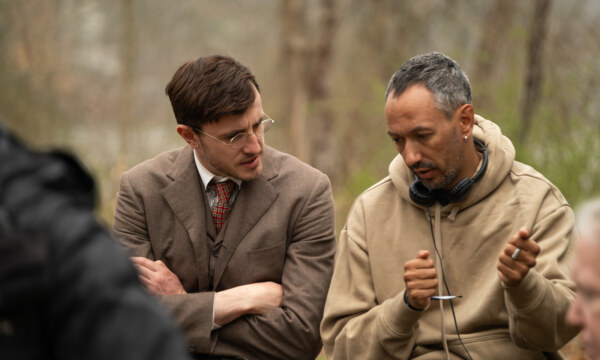
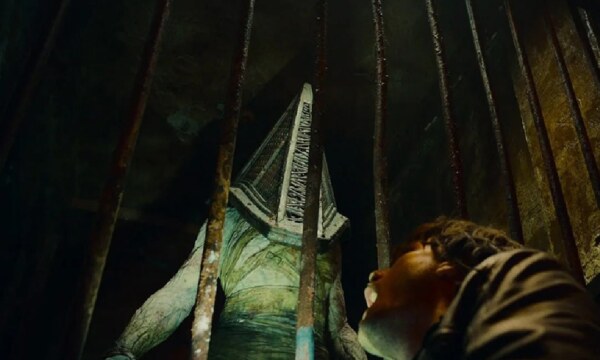

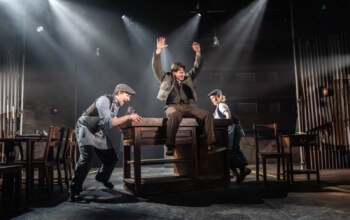

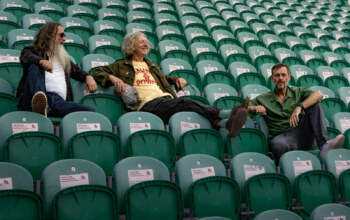
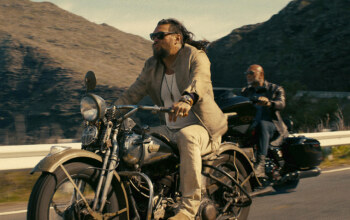




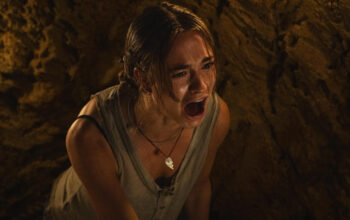



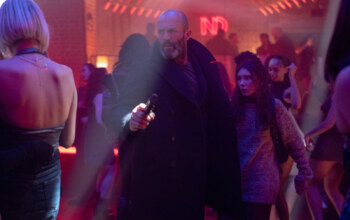
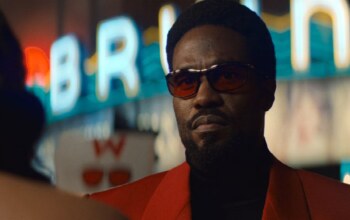
Facebook
Twitter
Instagram
YouTube
RSS